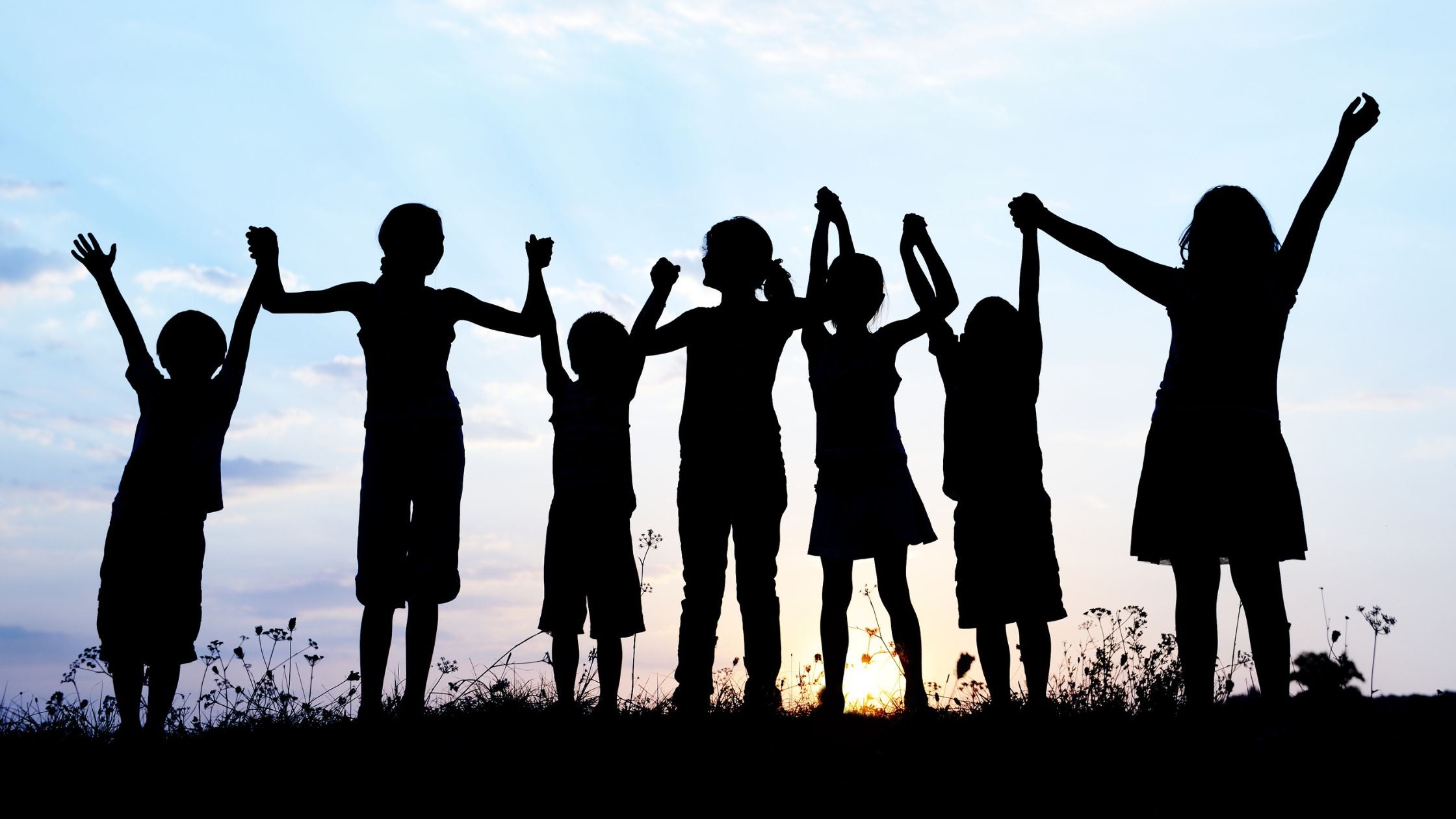
Crossing Borders to Prevent Child Sexual Abuse
The Philippines has long been at the forefront of efforts to combat online sexual abuse and exploitation of children (OSAEC). Despite its persistent prevalence, a new partnership between Johns Hopkins University’s MOORE Center, the Center for the Prevention and Treatment of Child Sexual Abuse (CPTCSA), and World Hope International (WHI) Philippines aims to introduce an innovative, prevention-focused approach to addressing child sexual abuse.
Set to be implemented in schools across Region 3 and Region 4-A, this initiative, backed by Safe Online, seeks to equip Filipino youth with the tools to prevent harmful sexual behaviors before they begin.
A Two-Way Exchange of Knowledge
For years, the Philippines has incorporated research and best practices from the United States and other Global North countries to address child sexual abuse. However, this initiative represents a shift toward mutual learning and collaboration.
“What excites me is that in this project, the MOORE team is interested in learning as much from us as we hope to learn from them,” said Lois Engelbrecht, founder and Board of Trustees member at CPTCSA.
“This time, it is our hope that the ‘outside’ will likewise incorporate what they learn from us.”
By integrating Johns Hopkins’ Responsible Behavior with Youth and Children (RBYC) curriculum with WHI Philippines’ digital safety and parental education programs, this initiative ensures that Filipino communities play an active role in shaping solutions tailored to their unique context. Unlike many existing interventions that focus on responding to cases, this project introduces a preventive public health approach.
Shifting from Reaction to Prevention
“Our current programs primarily focus on identifying and responding to OSAEC cases, supporting survivors, and strengthening protective systems,” said Fred Cabredo, country director of WHI Philippines.
“RBYC takes a proactive, preventive approach by targeting young adolescents before problem behaviors develop.”
A key concern in this initiative is addressing the role of adolescents in child sexual abuse.
“One troubling aspect of child sexual abuse and exploitation, both online and offline, is that it is often caused by other children and is often a result of a lack of knowledge about safe and unsafe sexual behaviors,” said Hunyee McCollum and Amanda Ruzicka, senior research associate and deputy director at MOORE.
This project aims to fill this knowledge gap by equipping young people with tools to make safe and informed choices when interacting with younger children and peers.
A Cultural Shift for Lasting Impact
This initiative is about more than just education—it’s about cultural change.
“Sexual abuse of children is tolerated because of social or cultural factors, and each community has its own values and expectations,” Engelbrecht said.
Addressing these deeply ingrained beliefs is a key challenge but also an opportunity to redefine how communities protect their children.
Scaling the Initiative for Global Impact
Schools in Regions 3 and 4-A, Philippines, will be the initial pilot areas, with plans to expand nationwide and beyond as its effectiveness becomes evident. The collaboration aims to:
✔ Provide Filipino children, families, and educators with culturally relevant tools to prevent abuse.
✔ Strengthen parent-focused digital literacy and safety skills.
✔ Offer a model that could be expanded beyond the Philippines to influence global prevention efforts.
Johns Hopkins Bloomberg School of Public Health has long been committed to advancing global health outcomes.
“This collaboration will serve as a foundation for expanding these efforts across the globe,” McCollum and Ruzicka said.
The Philippines, with its history of resilience and community-driven solutions, may now offer a blueprint for child protection strategies worldwide.
With this initiative, CPTCSA, WHI Philippines, and Johns Hopkins are challenging the global community to rethink how child sexual abuse is addressed.
By shifting from a reactive to a preventive approach, this partnership is working toward a future where children are not just protected after abuse occurs—but where abuse is prevented from happening at all.

Mariel Aira Mateo
Marketing Communications Consultant
World Hope International – Philippines
